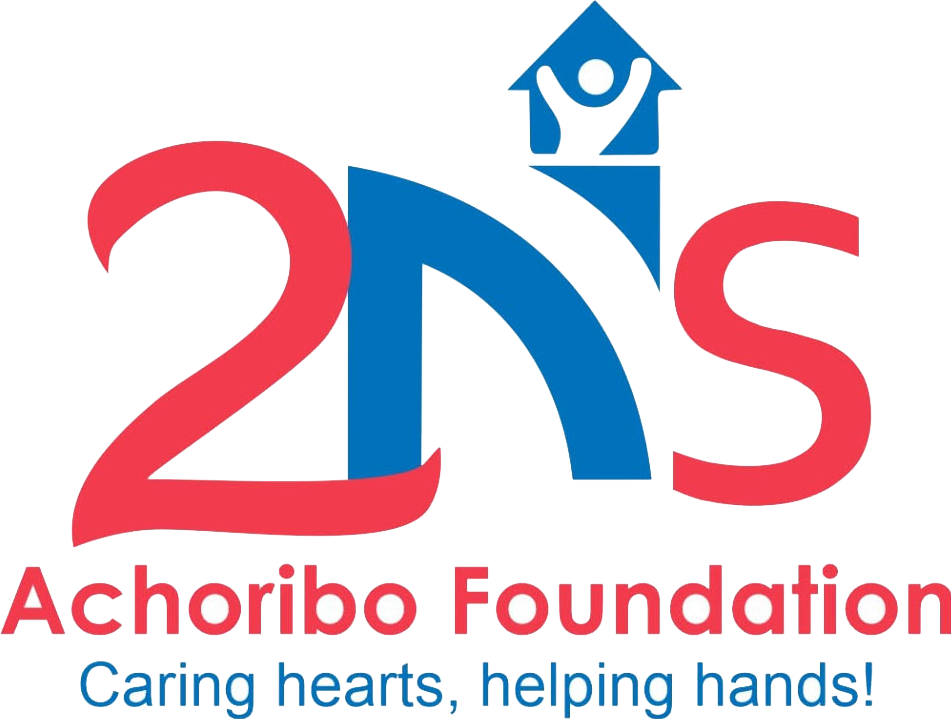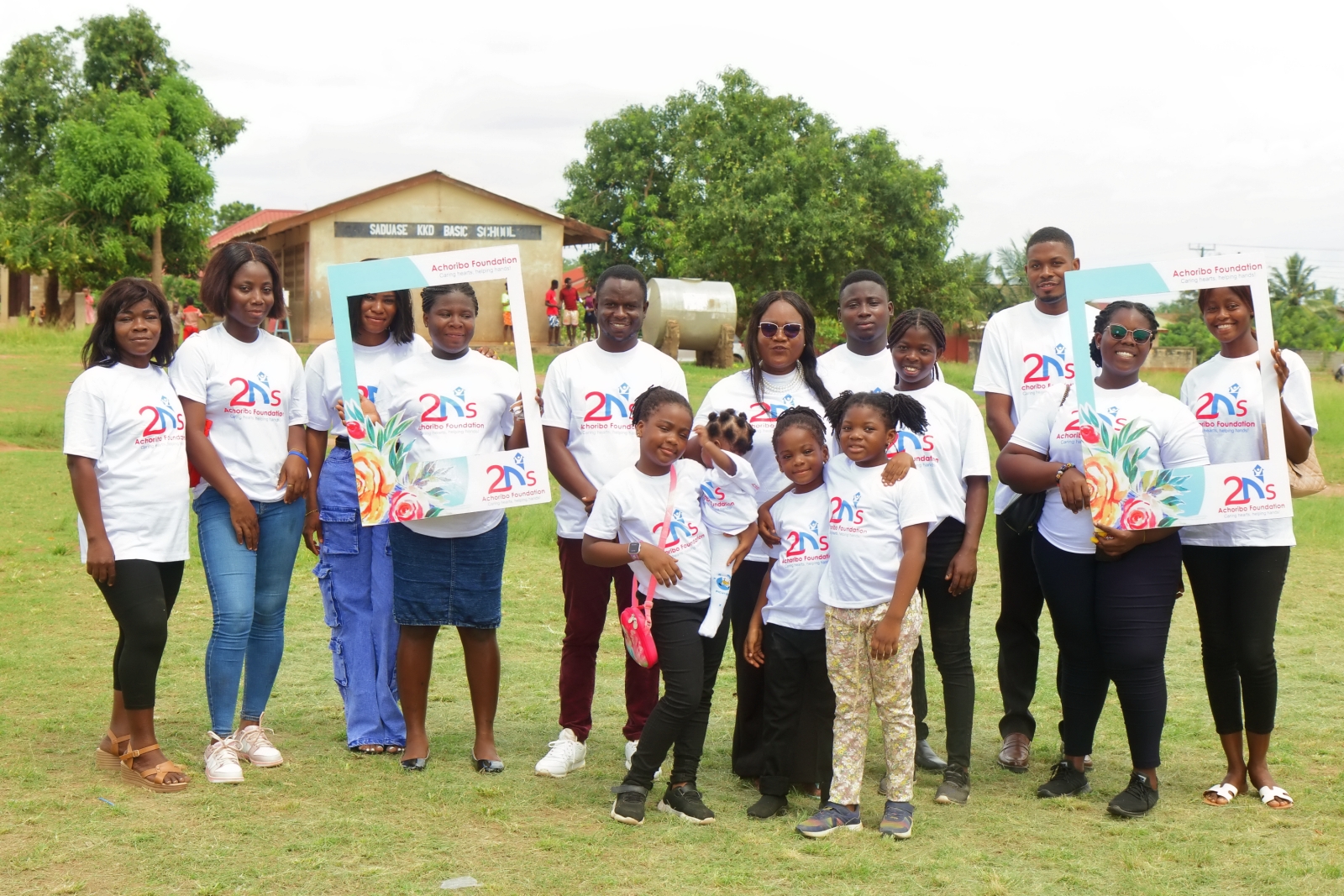PROPER NUTRITION AND CARE FOR MOTHER AND BABY
Proper nutrition and care for a mother and her baby during the First 1,000 Days of Life can give the best start in life for a child. Learn more on https://www.unicef.org/.
The first 1,000 days of life is a critical stage of a child’s growth and development this stage begins from the time of conception up until the second year of a child it offers a golden opportunity for parents to shape a healthier and more prosperous future for their child the first 1,000 days of life consists of three separate stages the first is pregnancy this includes the first 270 days of the baby inside the womb to birth during the stage a mother’s nutrition is a matter of utmost importance mothers should drink iron and folate to prevent anemia and birth defects it is important for mothers to consume adequately iodized salt iodine deficiency may reduce the babies IQ by as much as 10 to 15 points and may
also need the low birth weight and stillbirth a balanced diet including rice meat or fish green leafy vegetables yellow fruits and milk or egg products can help ensure optimum health of the mother and her child the second stage is called infancy this stage includes from the time of the baby’s birth up to the first 180 days or from 0 to 6 months in the first hours after birth the baby will be able to receive colostrum from the mother’s breast milk colostrum is the baby’s first vaccination and protection from life-threatening diseases it can also increase the baby’s IQ by 5 to 7 points the final stage is a child’s toddler years this includes the next five hundred fifty days after infancy or the baby’s first seven months up to his second year the baby can still continue to breastfeed during the toddler years during this time the baby is ready to take in semi solid food with proper care and nutrition children can overcome and prevent life-threatening diseases complete four point six more grades of school and have healthier families during adulthood find out more in the first 1,000 days of life at 1000 days.
TIPS FOR WATER SANITATION AND HYGIENE HEALTH
Learn the crucial steps of proper handwashing, using the bathroom, and other vital hygiene practices that can prevent the spread of illness and protect communities.
Safe drinking-water, sanitation and hygiene are crucial to human health and well-being. Safe WASH is not only a prerequisite to health, but contributes to livelihoods, school attendance and dignity and helps to create resilient communities living in healthy environments. Drinking unsafe water impairs health through illnesses such as diarrhoea, and untreated excreta contaminates groundwaters and surface waters used for drinking-water, irrigation, bathing and household purposes. Chemical contamination of water continues to pose a health burden, whether natural in origin such as arsenic and fluoride, or anthropogenic such as nitrate. Safe and sufficient WASH plays a
key role in preventing numerous NTDs such as trachoma, soil-transmitted helminths and schistosomiasis. Diarrhoeal deaths as a result of inadequate WASH were reduced by half during the Millennium Development Goal (MDG) period (1990–2015), with the significant progress on water and sanitation provision playing a key role. Evidence suggests that improving service levels towards safely managed drinking-water or sanitation such as regulated piped water or connections to sewers with wastewater treatment can dramatically improve health by reducing diarrhoeal disease deaths (Read more here).

